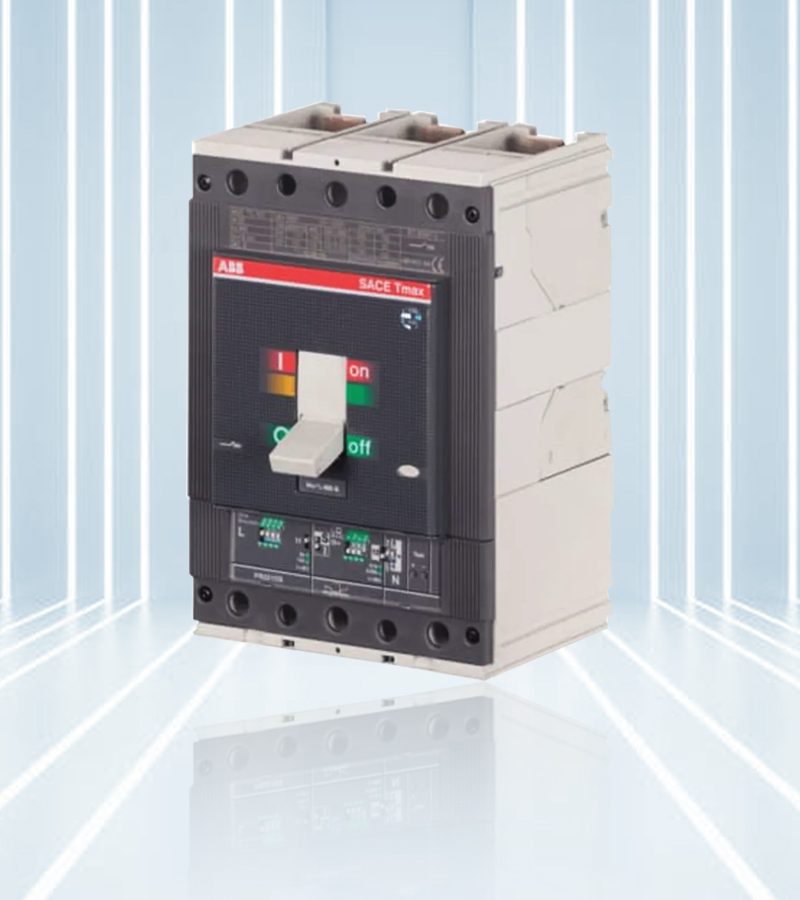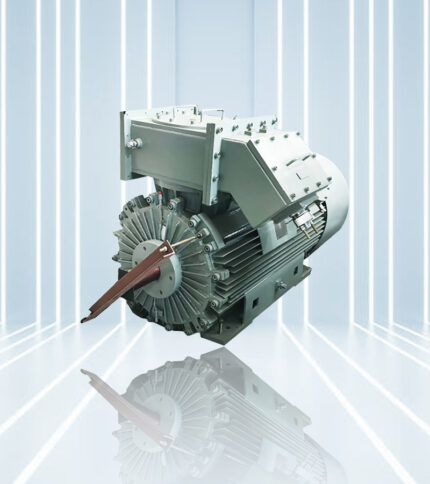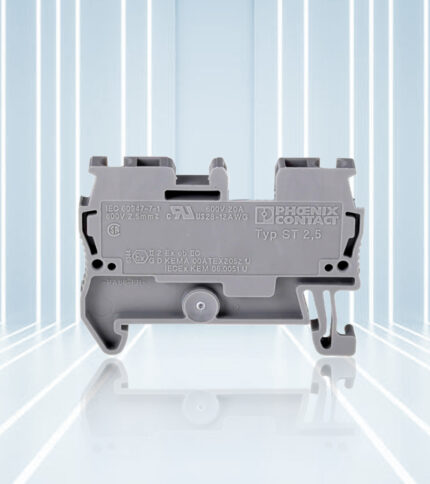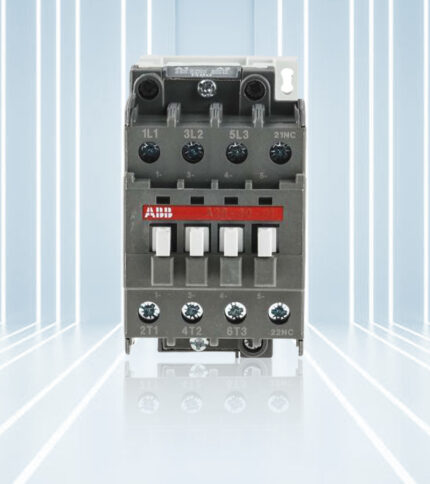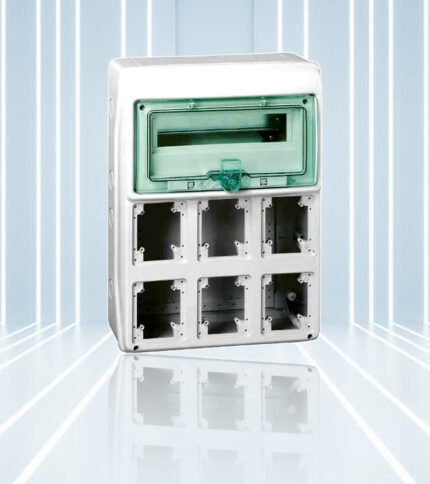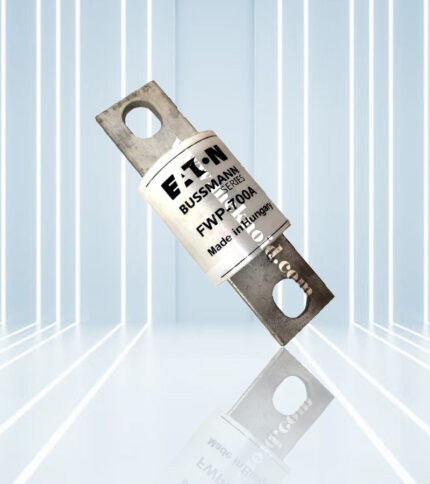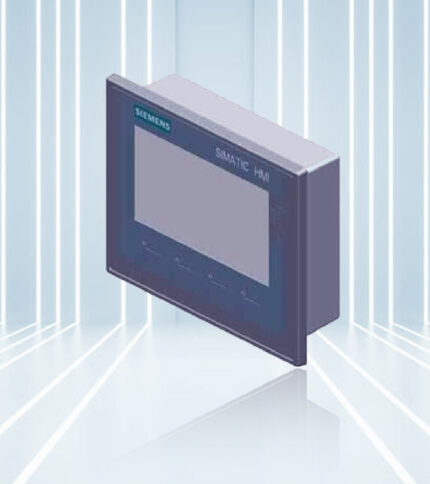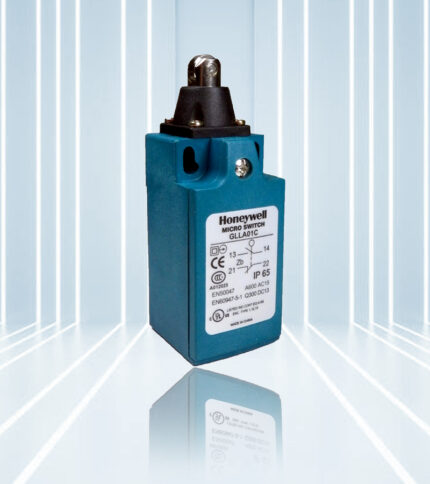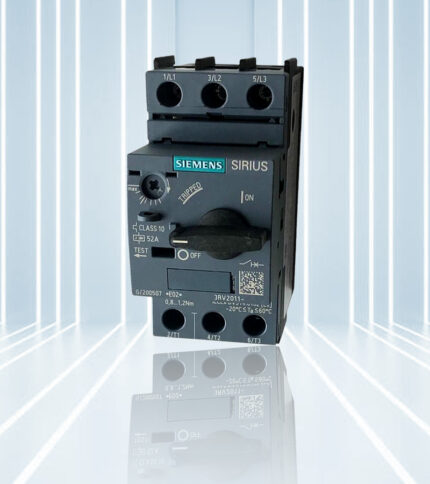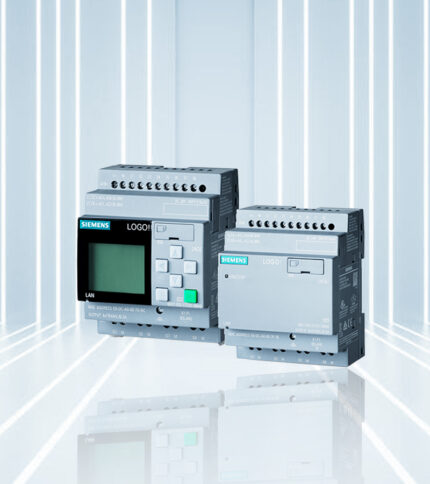Description
Circuit Breakers are indispensable safety devices used in electrical systems to protect against overcurrent conditions and prevent electrical fires, equipment damage, and personal injury. These electromechanical devices automatically interrupt the flow of electricity in a circuit when abnormal conditions, such as overloads, short circuits, or ground faults, are detected. The operation of Circuit Breakers involves a trip mechanism that responds to excessive current flow by opening the breaker contacts, thereby interrupting the circuit and disconnecting the electrical load from the power source. Once the fault condition is cleared, the breaker can be reset to restore power to the circuit. Circuit Breakers are available in various types and configurations, including thermal-magnetic, electronic, and residual-current devices (RCDs), each designed to provide specific protection functions tailored to different applications and environments. They come in different current ratings, voltage ratings, and trip characteristics to accommodate diverse electrical loads and system requirements.
One of the key advantages of Circuit Breakers is their reliability and versatility. They offer consistent and predictable performance over a wide range of operating conditions, ensuring effective protection against overcurrent events and ensuring the safety and integrity of electrical systems. Circuit Breakers are essential components of residential, commercial, and industrial electrical systems, providing critical protection for circuits, equipment, and personnel. Whether used in homes, offices, factories, or power distribution networks, Circuit Breakers play a vital role in maintaining electrical safety and reliability. With their compact design, easy installation, and robust construction, our Circuit Breakers offer peace of mind and ensure uninterrupted power supply to your electrical systems.
Benefits
- Electrical Safety: Circuit breakers provide essential protection against overcurrent events, such as short circuits and overloads, reducing the risk of electrical fires, equipment damage, and personal injury.
- Equipment Protection: By interrupting the flow of electricity during abnormal conditions, circuit breakers prevent damage to electrical equipment and appliances, extending their lifespan and reducing repair costs.
- Convenience: Circuit breakers offer convenient resettable protection, eliminating the need for replacing fuses and providing quick restoration of power after a fault condition is cleared.
- Cost Savings: Circuit breakers help minimize downtime and productivity losses associated with electrical faults, resulting in cost savings for homeowners, businesses, and industries.
- Versatility: With a wide range of types, sizes, and configurations available, circuit breakers are versatile devices suitable for various applications in residential, commercial, and industrial settings.
Technology
- Thermal-Magnetic Trip Mechanism: Traditional circuit breakers use a combination of thermal and magnetic elements to detect and respond to overcurrent conditions, providing reliable and predictable tripping characteristics.
- Electronic Trip Units: Modern circuit breakers may incorporate electronic trip units that offer enhanced accuracy, adjustable trip settings, and advanced protection features, such as ground fault protection and selective coordination.
- Arc Fault Detection: Some circuit breakers feature arc fault detection capabilities to identify and mitigate dangerous arcing faults, further enhancing electrical safety in homes and buildings.
- Residual-Current Protection: Certain circuit breakers include residual-current devices (RCDs) or ground fault circuit interrupters (GFCIs) to detect leakage currents and provide additional protection against electric shocks and ground faults.
- Smart Technology: Emerging smart circuit breaker technology enables remote monitoring, control, and diagnostics via integrated communication interfaces, allowing for proactive maintenance and enhanced system management.
Reliability
- High Interrupting Capacity: Circuit breakers are designed to withstand and interrupt high fault currents, ensuring reliable operation and protection even under extreme conditions.
- Mechanical Durability: With robust construction and durable materials, circuit breakers offer mechanical durability and long-term reliability in demanding environments.
- Testing and Certification: Circuit breakers undergo rigorous testing and certification processes to ensure compliance with industry standards and regulations, guaranteeing their reliability and performance.
- Trip Accuracy: Circuit breakers provide accurate and consistent tripping characteristics, minimizing the risk of nuisance trips and ensuring effective protection against overcurrent events.
- Lifecycle Performance: Circuit breakers are engineered for extended lifecycle performance, with reliable operation and minimal maintenance requirements over many years of service.


